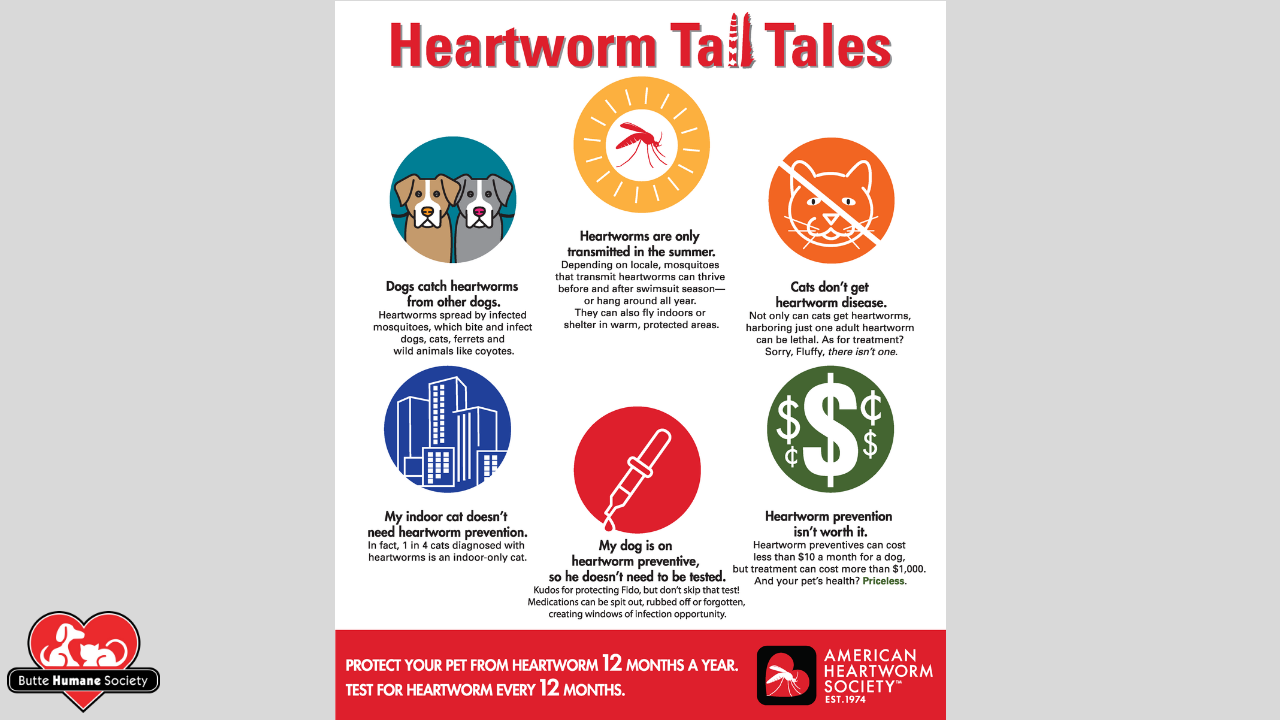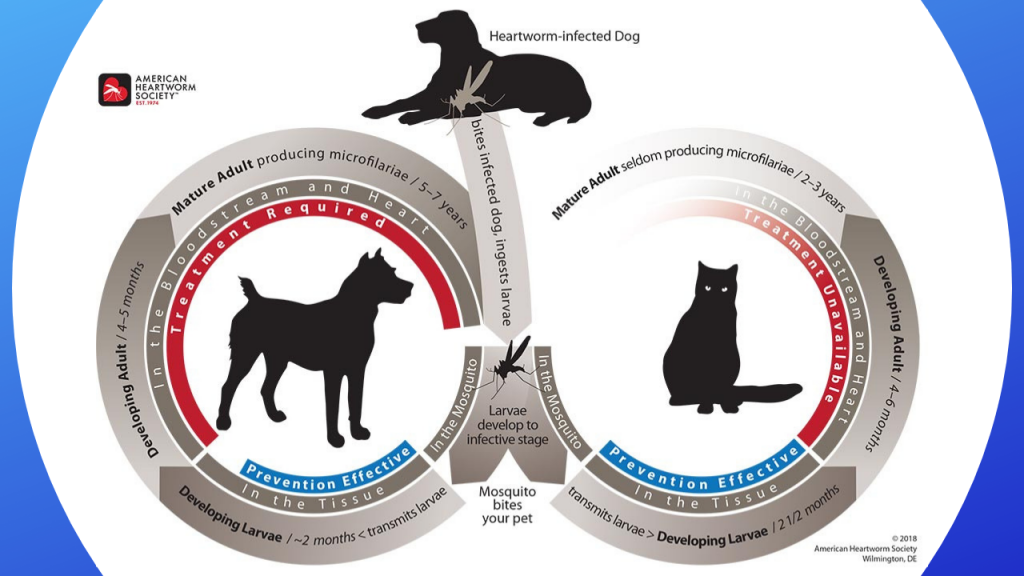
As the weather warms up and we transition from spring to summer (it happens so fast!) you may notice you are suffering from allergies. Do sneezing, watery eyes, and itchy skin sound familiar? You may not be the only one in your house that is suffering seasonal allergies, your pet’s can suffer too! Allergies occur because of irritating substances in your pet’s environment. Common allergens are dust, grass and pollen. Pollen is the most common airborne allergy and can travel up to 100 miles! Common signs that your pet may be suffering from allergies are red or itchy skin or paws, hair loss, hot spots, itchy ears or redness and irritation of the ears or face, or licking or chewing their paws. For mild cases, there are things you can do at home to minimize your pet’s suffering during allergy season like bathing your pet regularly with a natural, moisturizing shampoo to wash away allergens and minimize dry skin, wiping their paws thoroughly after they go outside, washing their bedding frequently, and limiting the time they spend outside in contact with potential allergens. If your pet seems to have a more severe case or their allergies aren’t improving with the steps above, it’s time for a trip to the veterinarian! The doctor will get information on the symptoms your pet is experiencing, asses their coat, skin, eyes, ear and mouth and then determine the best course of action to help your furry family member out of their allergy fog and get them back to their happy, healthy self! Do you have a pet that suffers from seasonal allergies that you aren’t able to control? Would you like to learn what you can do to help your pet during an allergy episode? Schedule an exam with our veterinarian today to learn about what options your pet has to beat the allergy blues! Call for an appointment at 530.343.7917 x 202.

 Written by loving adopter, Jordan S.
Written by loving adopter, Jordan S. Tracy has been a volunteer at BHS since July 2018. For the past 6 months she has been a dedicated volunteer in our clinic, helping out with filing and all kinds of office tasks. Tracy will help whenever is needed, even coming in on weekends. She is so great at knowing when and where staff needs less or more help, which is great since the clinic can get very busy. According to clinic supervisor Emily, Tracy is always willing to help and spreads positivity wherever she goes. Staff love having her around!
Tracy has been a volunteer at BHS since July 2018. For the past 6 months she has been a dedicated volunteer in our clinic, helping out with filing and all kinds of office tasks. Tracy will help whenever is needed, even coming in on weekends. She is so great at knowing when and where staff needs less or more help, which is great since the clinic can get very busy. According to clinic supervisor Emily, Tracy is always willing to help and spreads positivity wherever she goes. Staff love having her around! 